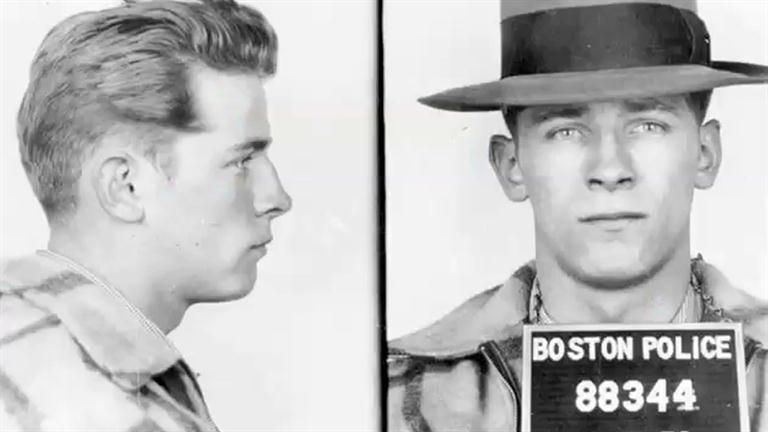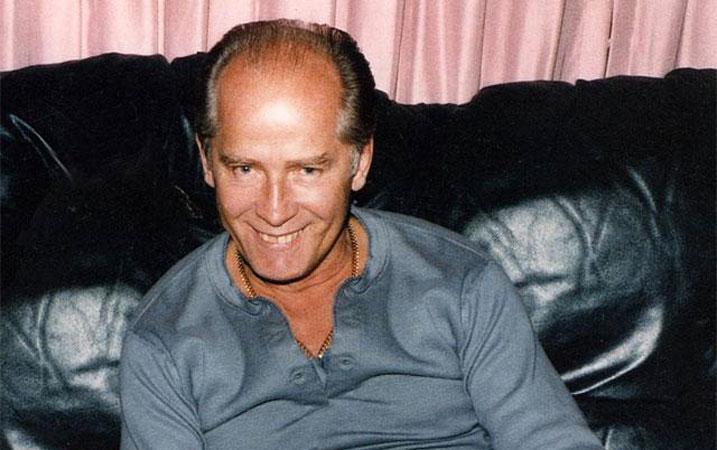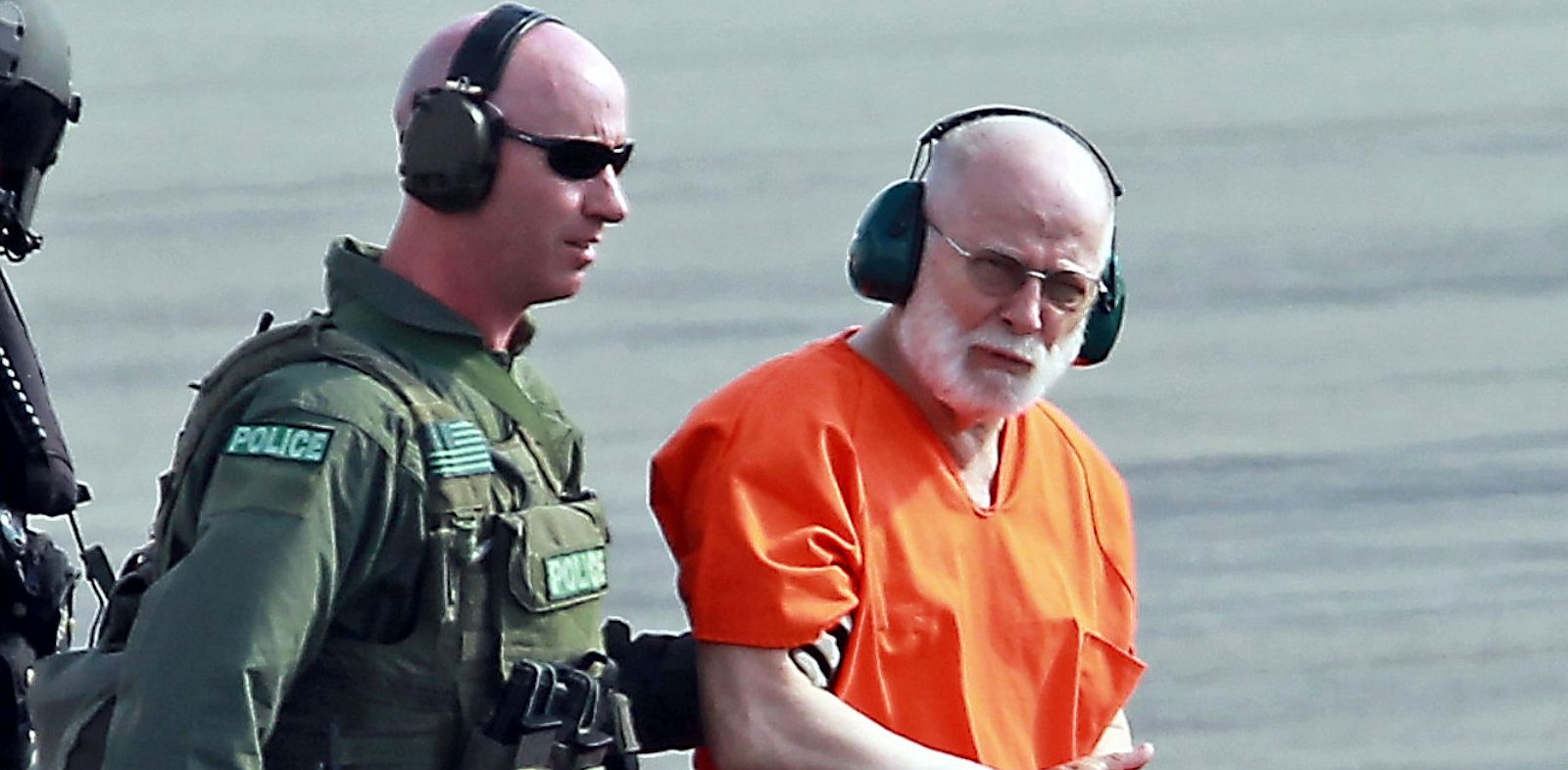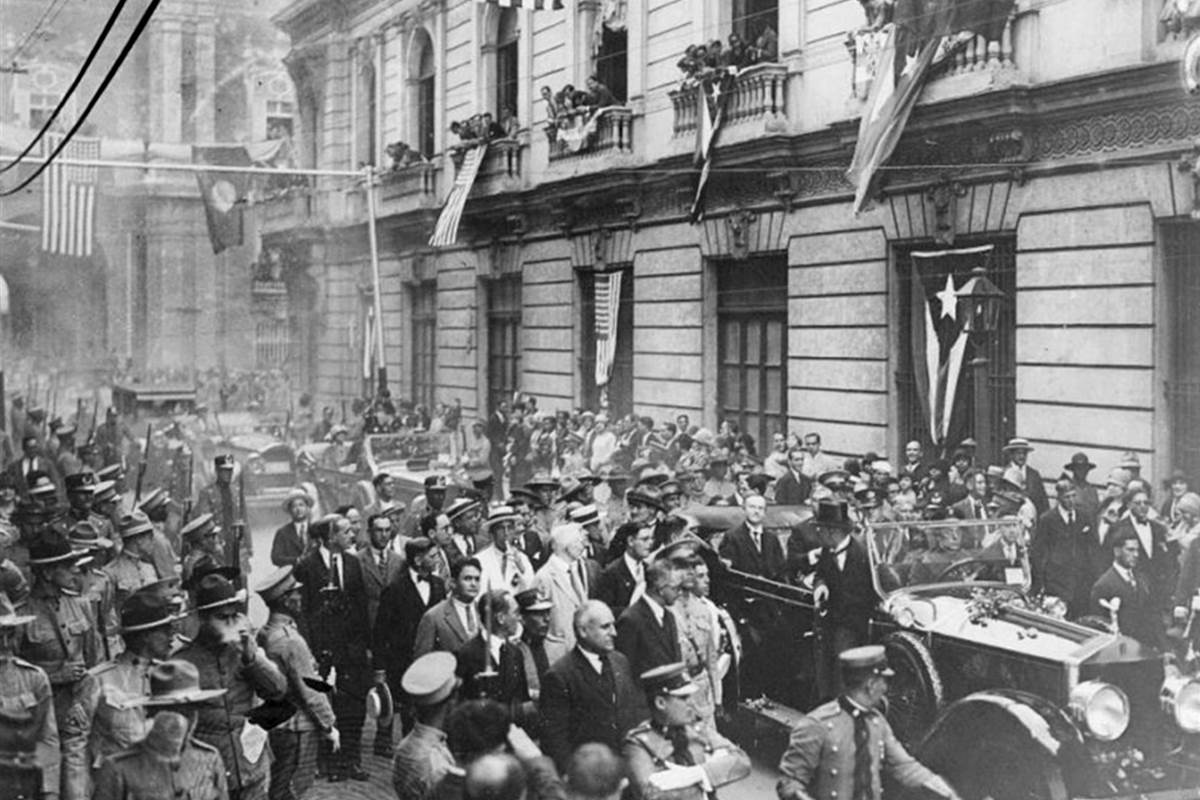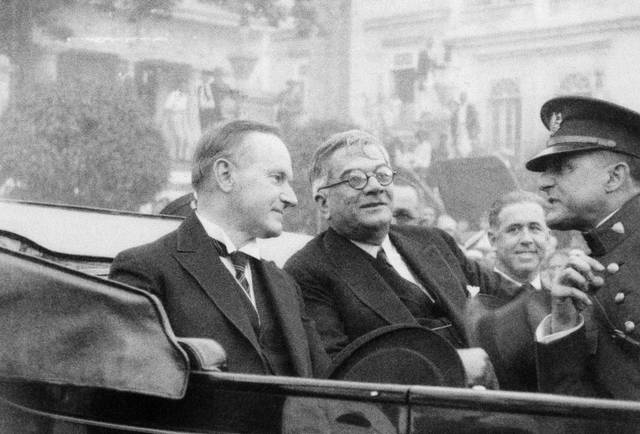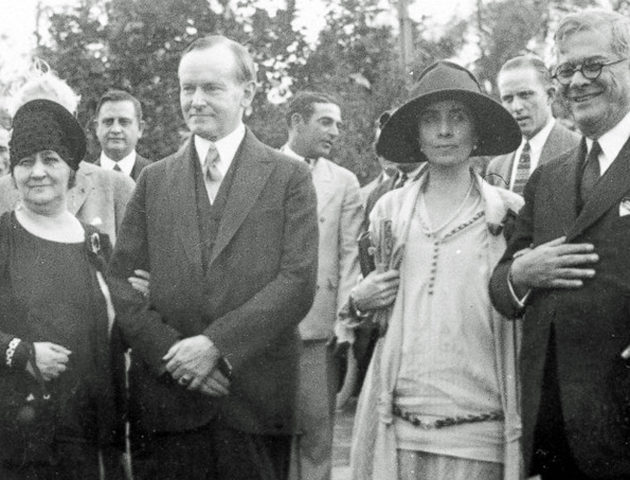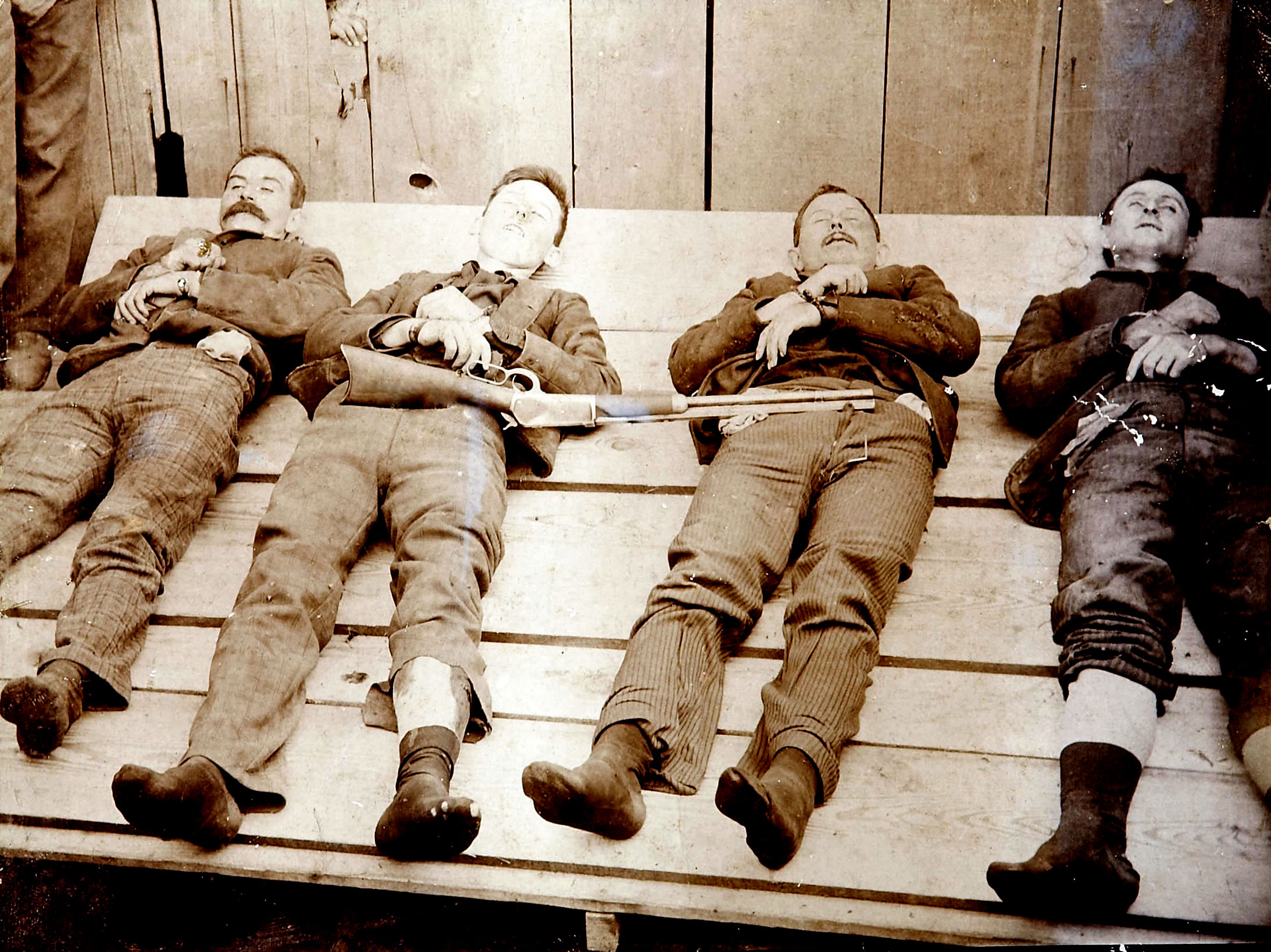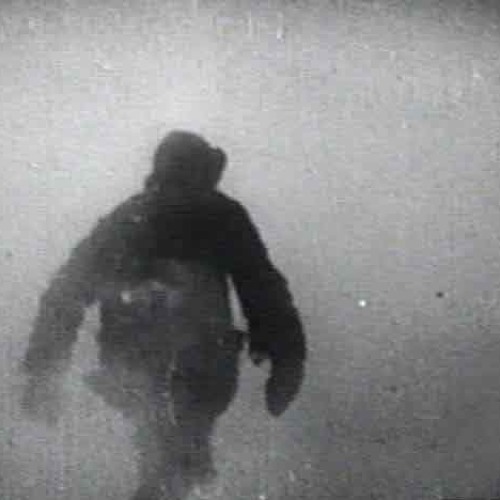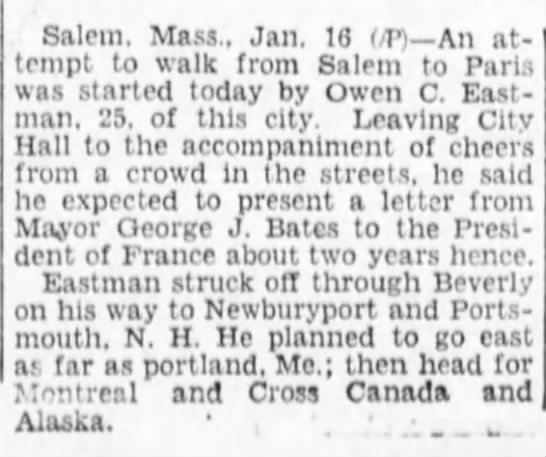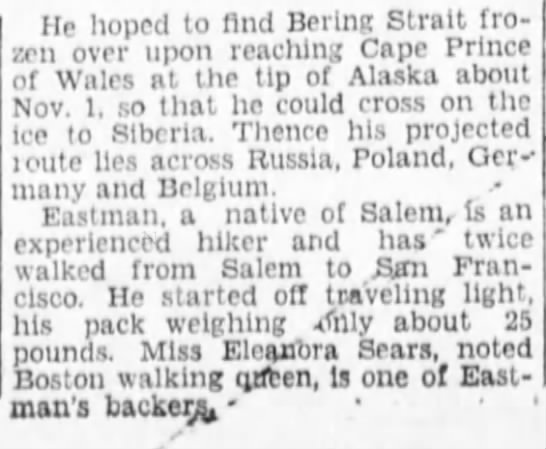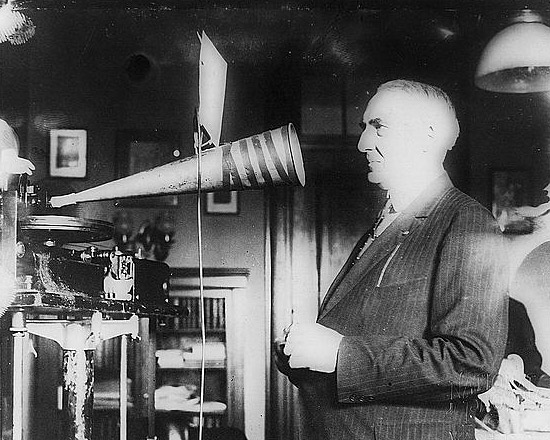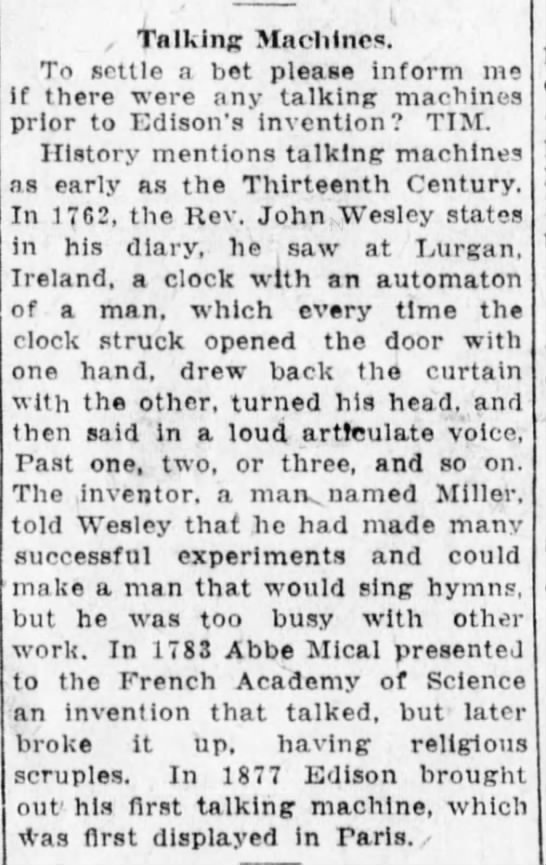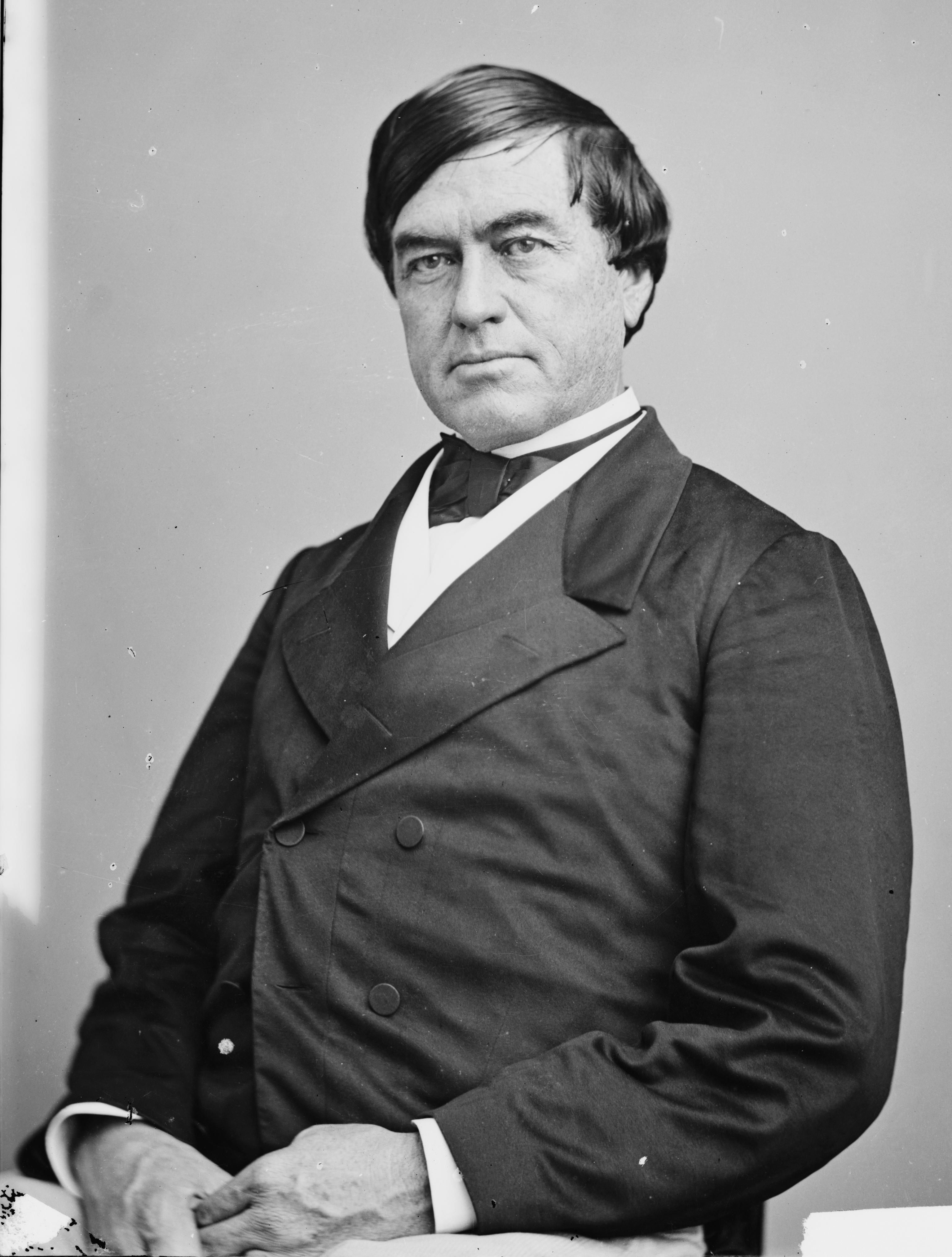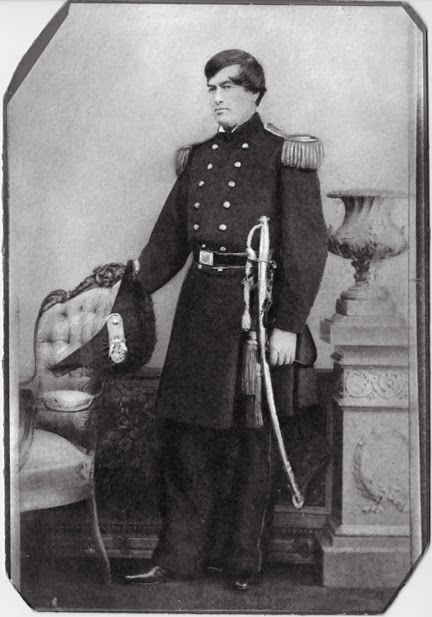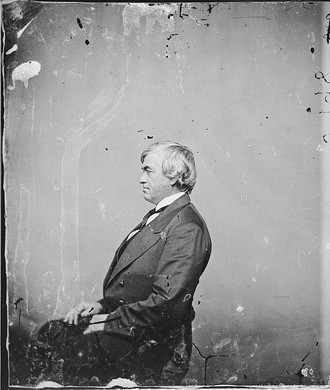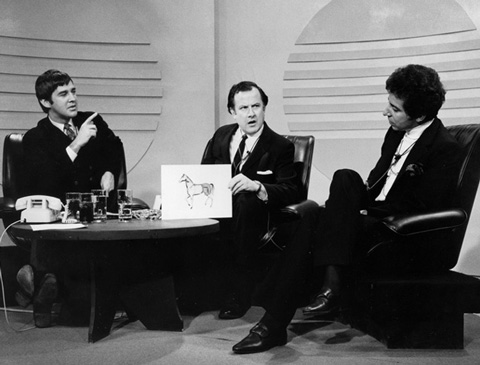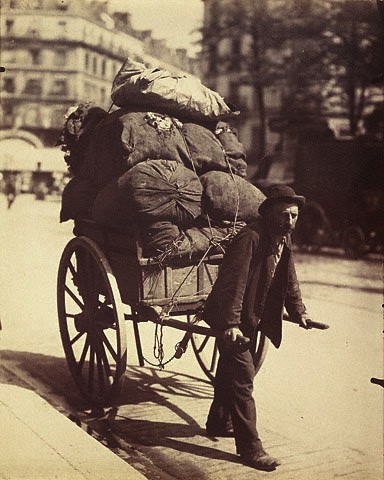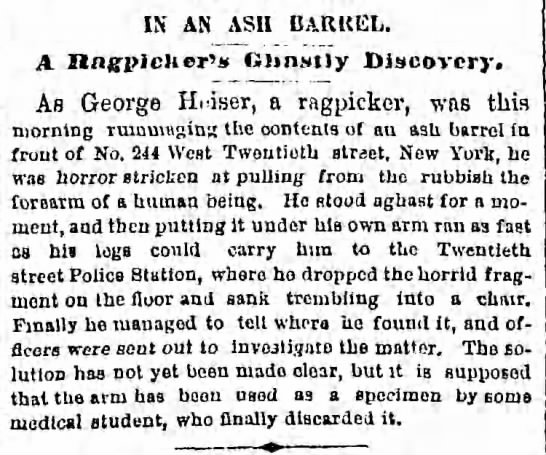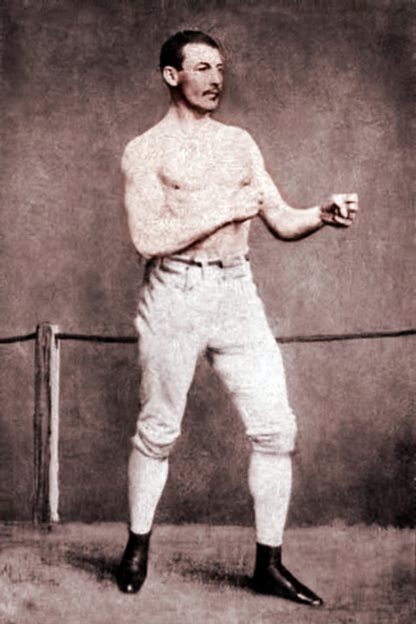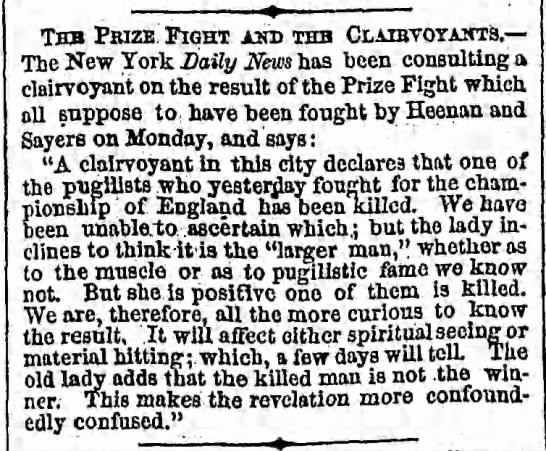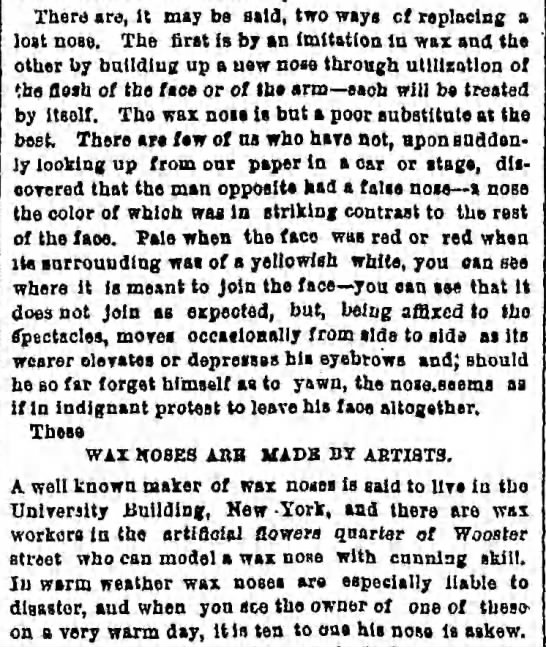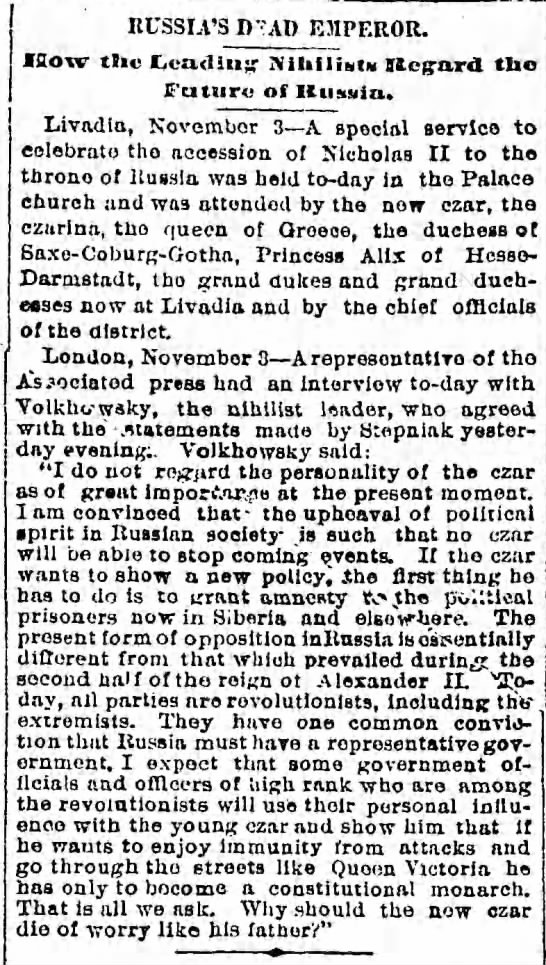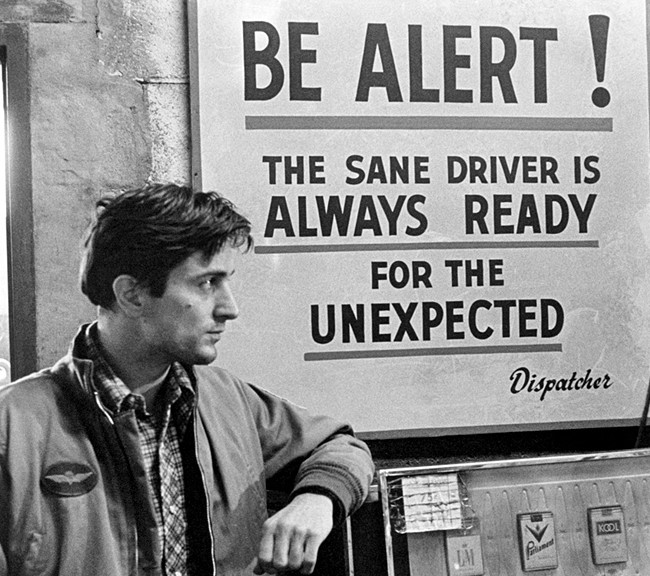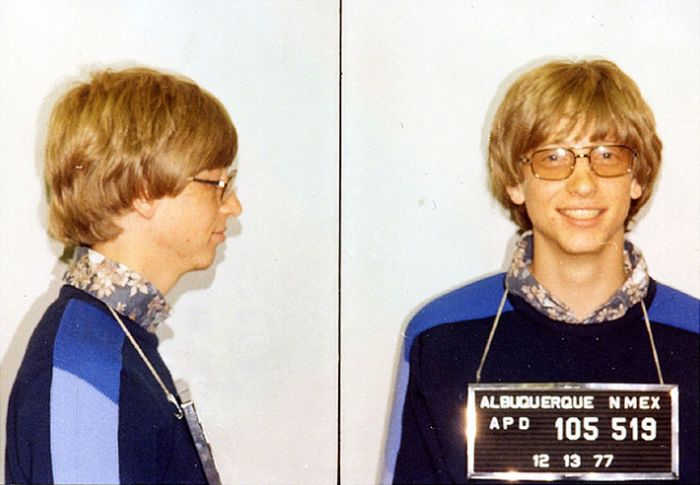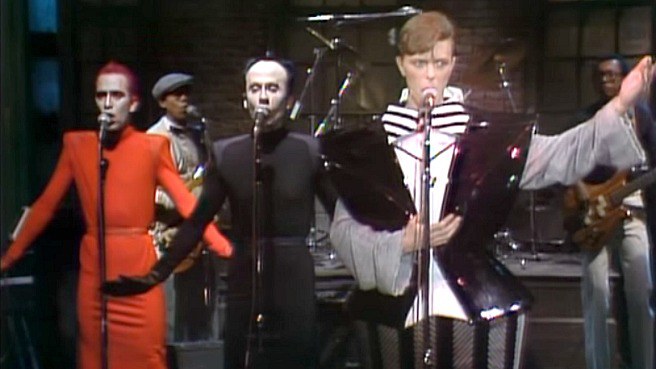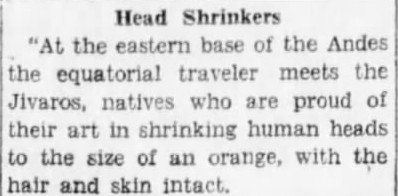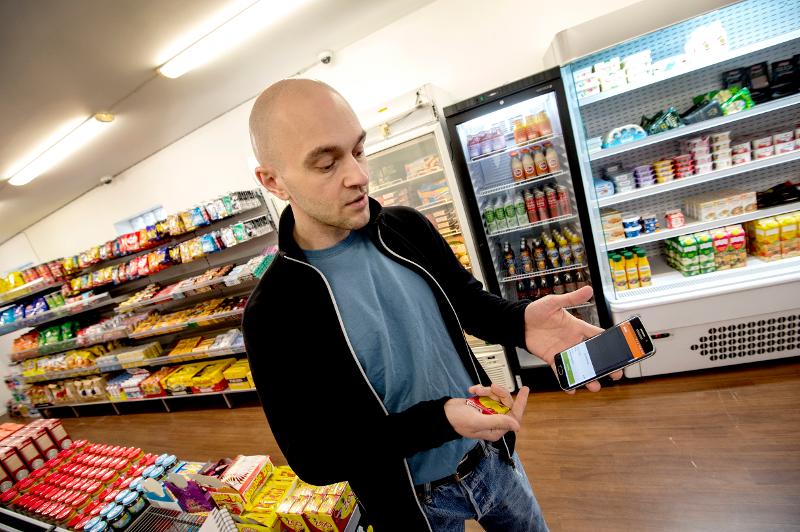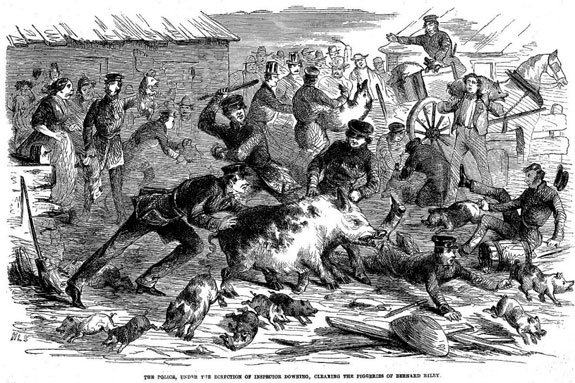Excerpts follow from two stories published under the “Life Inside” rubric at The Marshall Project. The first is from Nate A. Lindell’s short essay about his experiences behind bars with a woebegone Whitey Bulger, a geriatric wheeled around in his waning days by an ex-Aryan Brotherhood member. The second is from “Inside the Shithouse,” Jeremy Busby’s memory of being flushed down the vortex of the American penal system, finding himself awash in the lunacy of an East Texas prison.
____________________________
From Lindell:
When Sid wheeled him to dinner that first night, many inmates commented on the new arrival. “Look, that’s Whitey Bulger!” they exclaimed. But nobody went up to him to ask for his autograph or strike up a conversation. The guy was frail, and his posture shouted Stay away.
Despite Whitey’s clear desire to be left alone, when he wheeled past my table out of the chow hall that night, I told him, “Nice running, Whitey!” He broke out into a broad, wolfish smile.
Thirty-some days later, I was put in the same unit as Whitey with only one cell between his and my own.
Whitey didn’t seek out conversation — I only saw him smile twice. Most of the time, he sat in his wheelchair by the TV with an intense look on his face. Sometimes, he slipped into an old-man nap while he was out at recreation. (Which he could never have done at a normal prison. Your gang required you to be fully dressed and ready to fight at all times.) One day, when Whitey napped on the rec yard, a dope fiend and hustler known for selling used shoes snuck up on him and pretended to try and remove his shoes.
“Hey, stop that!” I yelled. “He ain’t dead yet.”
We all laughed, and Whitey went back to sleep.
Back on our unit, Whitey finally got around to telling some stories about his life, often producing documents and photos he said backed them up. He claimed that way back when he was at Alcatraz, they “experimented on him” with LSD.•
____________________________
From Busby:
The facility is designed to break you. It houses some of the most dangerous people in Texas, as well as some of the most mentally-disturbed. I immediately feared that I would soon find myself turning into them, by virtue of my proximity.
I understood that only the strongest men can spend full days among lunatics and not become one.
My neighbor spent hours at a time kicking his door for no apparent reason. Yells came from down the corridor as I slept. And there was a nagging voice I heard at the same time every day, like some sort of chant or incantation, unnerving in its consistency.
I began to memorize it: “Attention F-Pod, this is Rabbi Shepard,” it always began. “I live in F-Pod, 65 Cell. My TDC number is 599999. This is no time to bring children into the world. Warden Moore works for Satan, and Lieutenant Holder is their servant. The snitches on this unit are Black Major, Easy Black-E, and Whiteboy Snow. Do not drink the water after seven o’clock p.m. If you want to go to PAMEO, a safer place, hang a sign on your door that says, ‘I AM A PEDOPHILE,’ shave your head, and toss shit on the first black nurse you see. They took Morris from 62 Cell and never brought him back.”
I eventually learned that the four cartons of feces that greeted me were the rabbi’s doing. The cartons, apparently, were known as “bullets,” and they were thrown at guards — a practice called “shit-chunking.” Since inmates had no other weapon, they attacked their enemies with what their own bodies could provide.
The serious “chunkers,” like the rabbi, kept an arsenal of three or four missiles at the ready. The less psychotic would load one when needed.•

